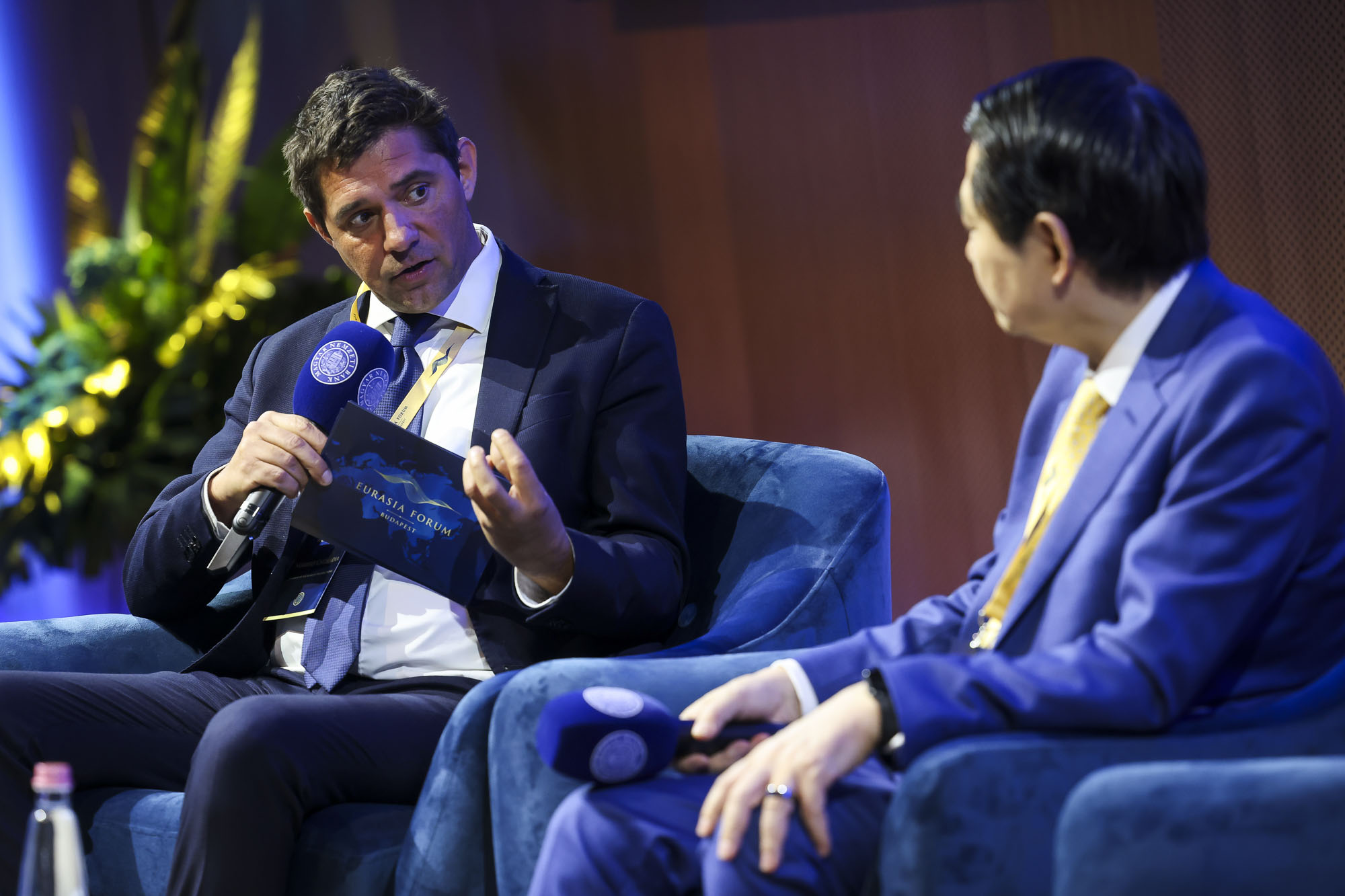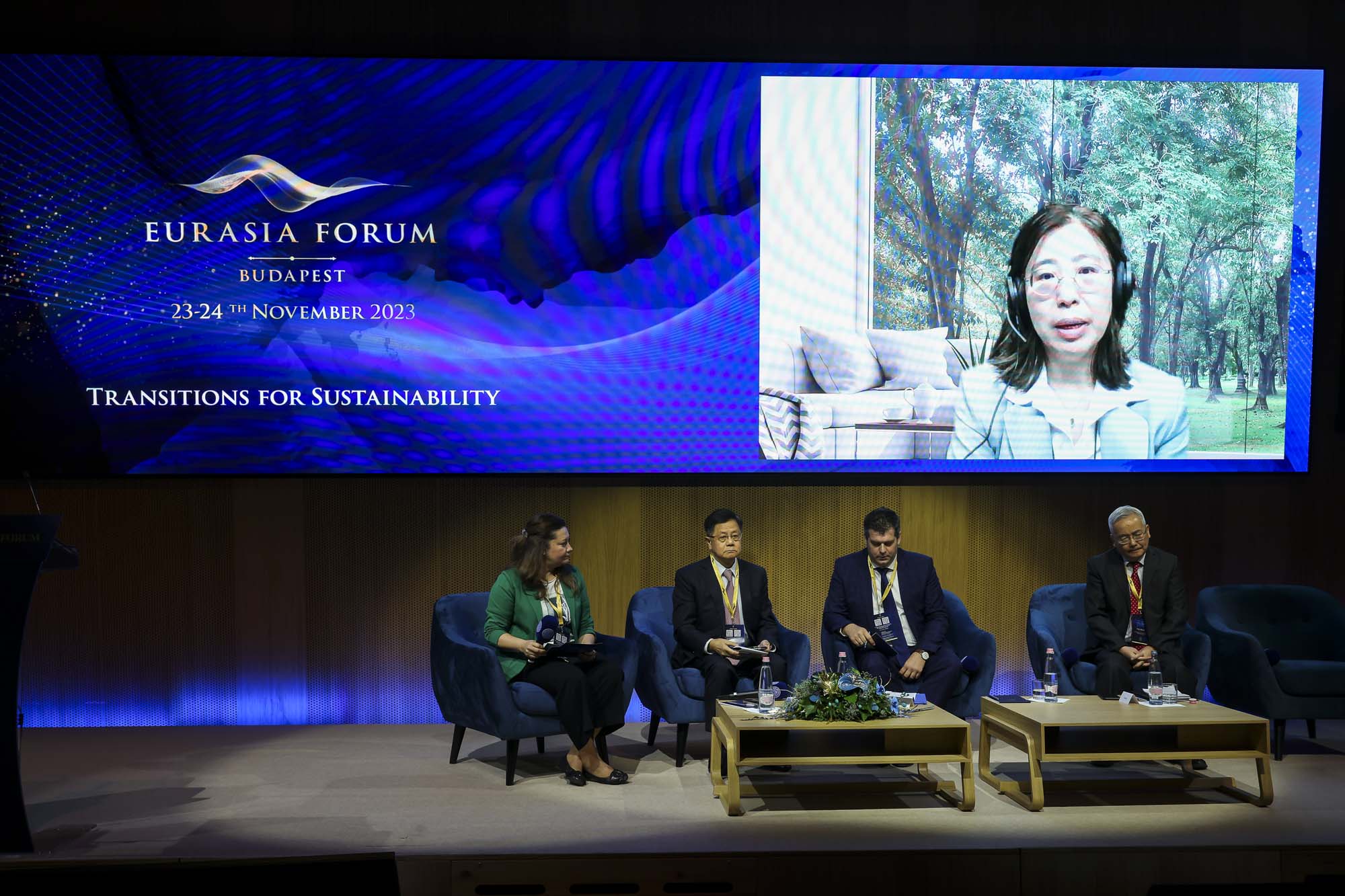In response to this, Wang Huiyao said that the current form of globalisation, globalisation based on the Bretton Woods system, is fading. In contrast, there is the Chinese solution to continue globalisation, which offers win-win cooperation to the rest of the world, the Global South. The problems of the current system, Wang Huiyao says, have been recognised by the West, which is why projects such as the Belt and Road Initiative - the US Build Back Better, the EU Global Gateway and the India-Middle East-Europe Economic Corridor - have been invented. At the same time, these projects should not be seen as competing but complementary. To this end, Western multilateral organisations, such as the World Bank, the International Monetary Fund and others, should cooperate with China within this framework.
According to Wang Huiyao, healthy and peaceful competition will help globalisation to serve the well-being of the people, but it is essential to avoid major powers coming into conflict with each other.


